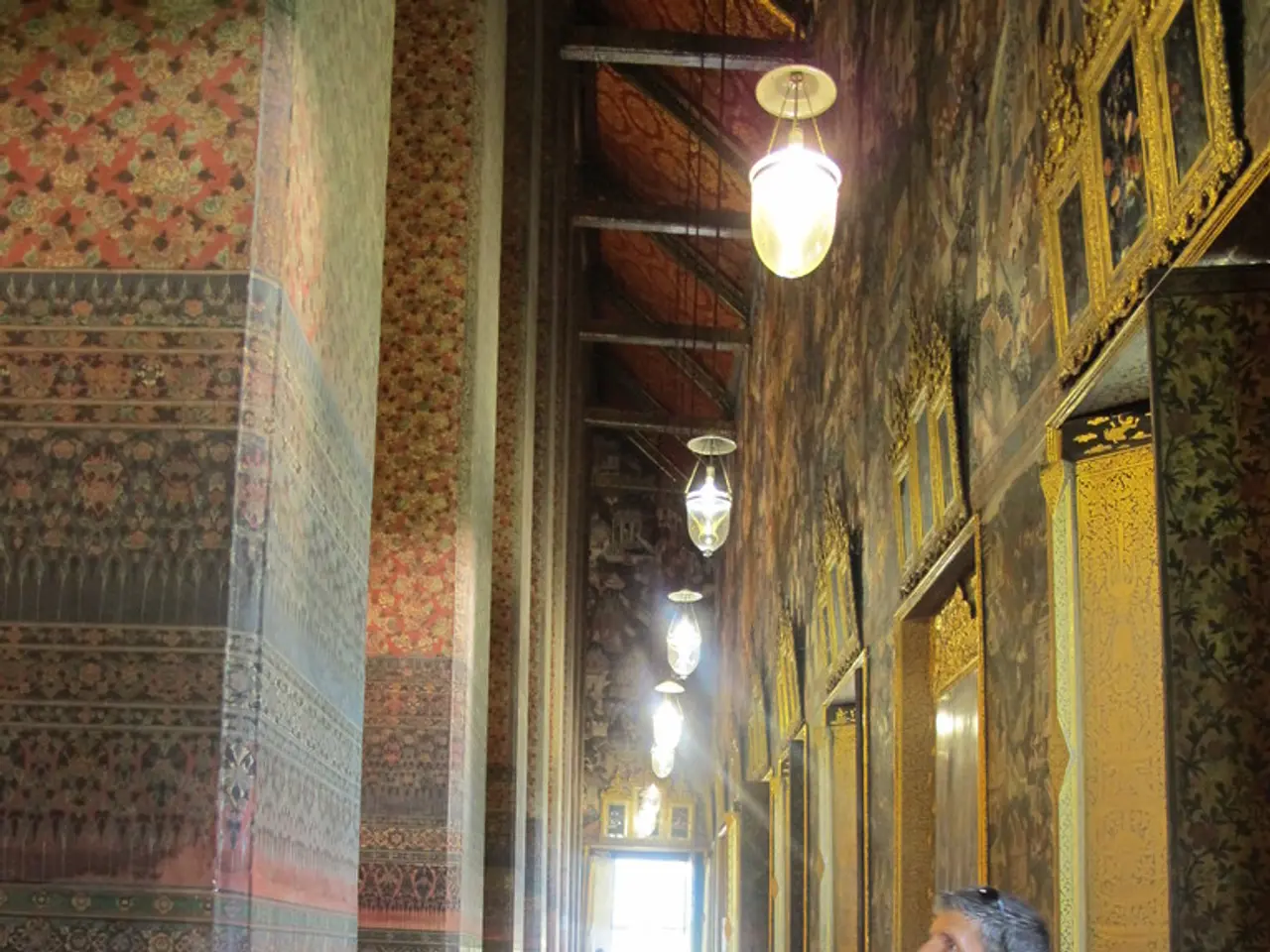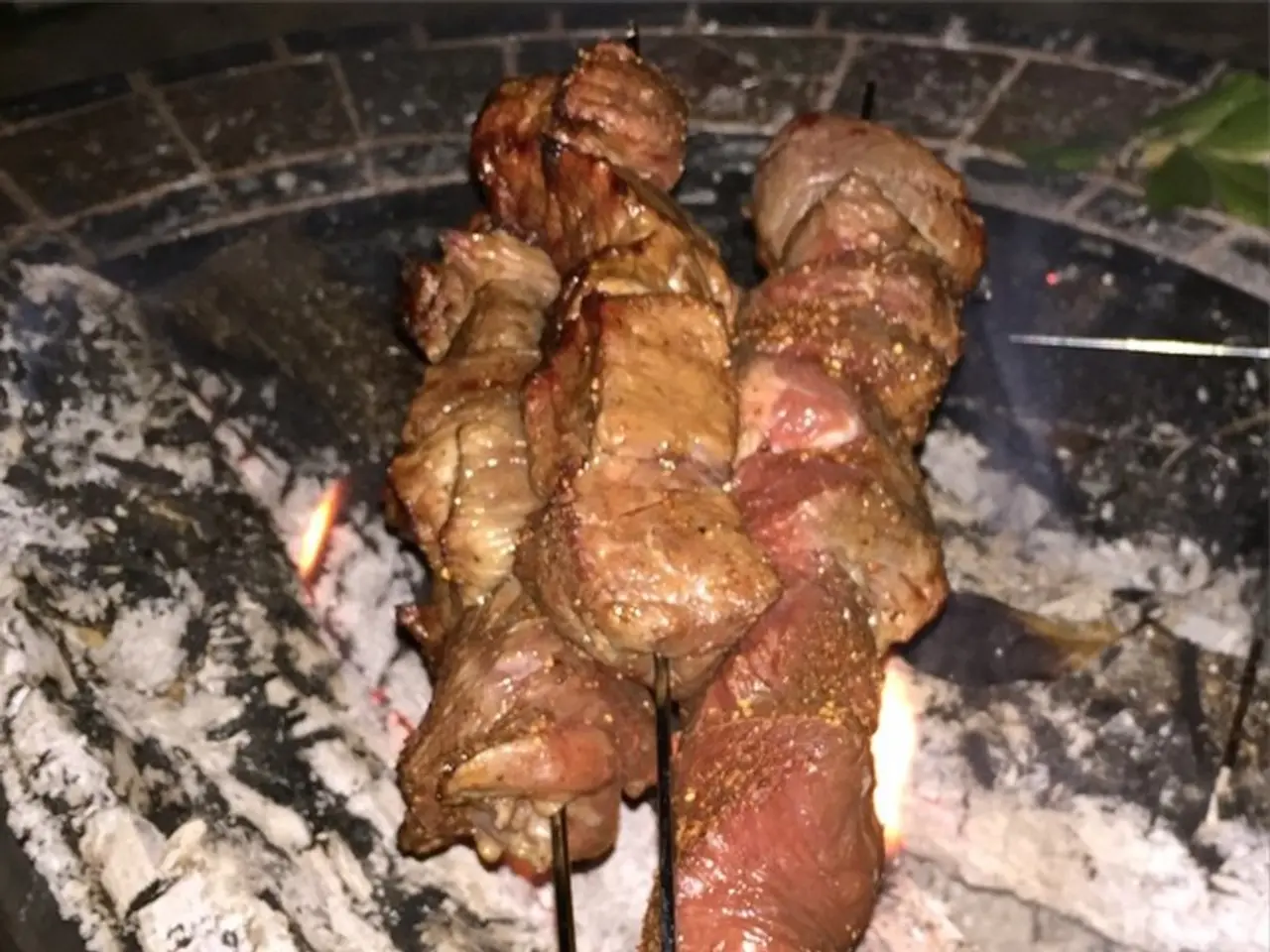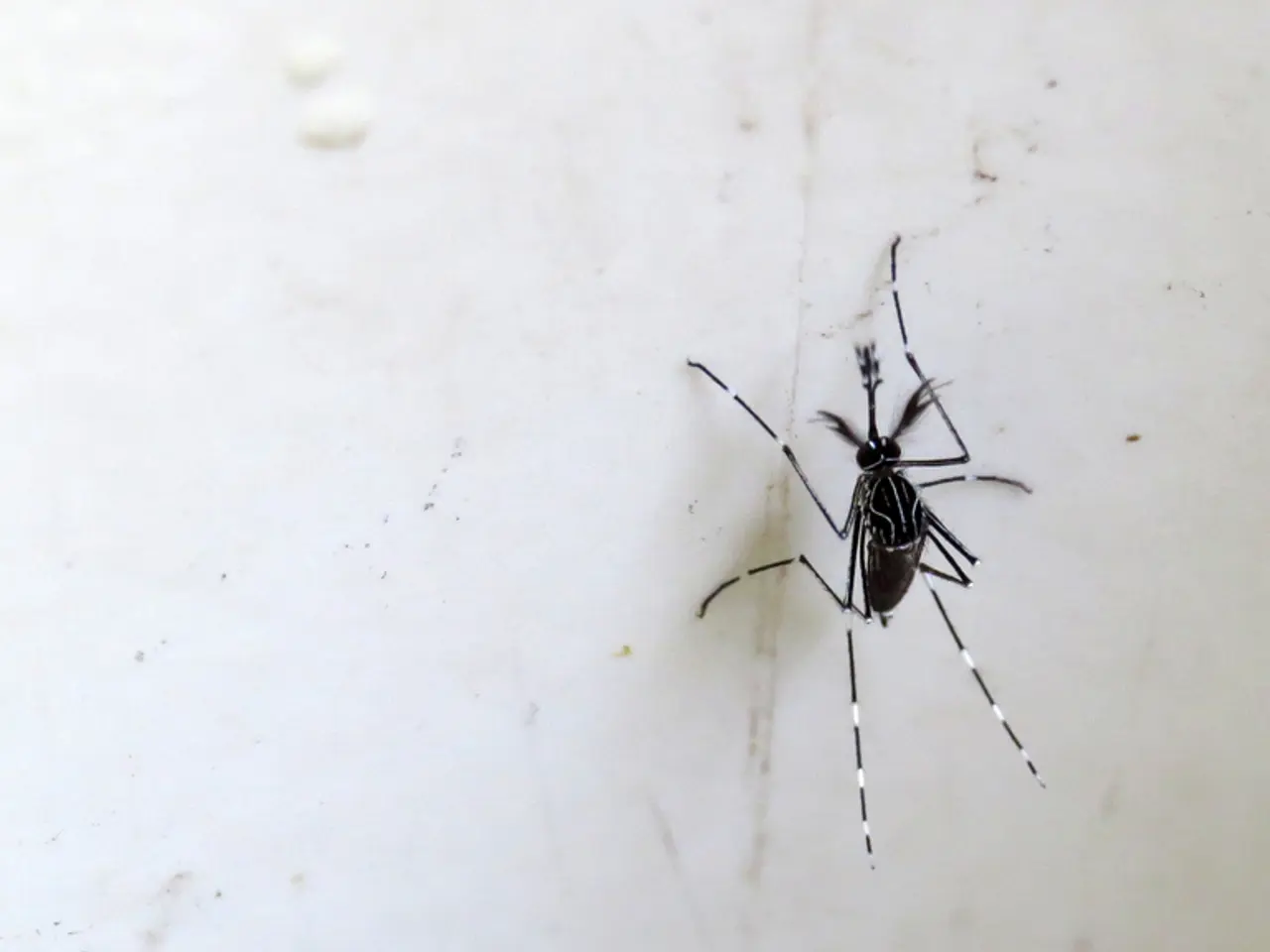Fear of Deportation and Potential Torture Looms Over HIV-Positive Turkmen Male
In the heart of Europe, a man named Emir finds himself in a precarious situation. Diagnosed with HIV in 2024, Emir, whose name has been changed for safety reasons, fled Turkmenistan in 2018 due to fear of persecution for his homosexuality. Today, he resides in a territory that is not internationally recognized, a place where he faces significant barriers in accessing antiviral treatment.
Turkmenistan, an officially gas-rich desert country home to seven million people, is considered one of the most reclusive countries in the world. Internet access is severely limited, and no independent nonprofits are allowed to operate there. This isolation makes it difficult for the voices of those like Emir to be heard.
Emir's situation is dire. He is unable to leave his current location because he would need to return to Turkmenistan to renew his passport. In his home country, he fears arrest, torture, abuse, and death due to his HIV-positive status. HIV-positive people in Turkmenistan regularly find themselves imprisoned and tortured, according to several human rights groups.
In Turkmenistan, homosexuality is punishable by jail under the criminal code provision prohibiting "sodomy". Emir was fired from his job due to his HIV-positive status, lost his income, and now faces deportation to Turkmenistan.
Despite these challenges, Emir remains hopeful. He has found a job in the unrecognized territory where he resides, but access to antiviral treatment remains elusive. The local LGBTQ rights group is unable to provide Emir with the necessary medication due to financial and legal reasons.
Emir's health is deteriorating. He experiences body and stomach pain, pain under his ribs, and sleep disturbances. A psychologist diagnosed him with "severe anxiety and depression symptoms with thoughts of suicide".
Key international support for individuals like Emir includes initiatives led by UNAIDS and affiliated partners. These organisations emphasise the importance of addressing inequalities, discriminatory practices, and treatment inaccessibility. For instance, UNAIDS supports Indigenous-led coalitions in Latin America that promote regional coordination and culturally appropriate strategies tailored to marginalised populations.
Community-led organisations are often crucial in reaching individuals in marginalised or unrecognized territories. These organisations might provide guidance, advocacy, and sometimes direct services or referrals for treatment access, even in areas where formal healthcare is unavailable.
Swiss nonprofit Life4me+ provided Emir with six months of antiviral treatment, but stopped due to exhaustion of their remaining medication stocks. Emir's case highlights the need for continued support and resources for HIV-positive individuals in unrecognized territories.
Evi Chayka, founder of EQUAL PostOst, described Turkmenistan as "a place forgotten by God where people suffer terrible things". As the world continues to grapple with the HIV epidemic, it is crucial that we do not forget those like Emir who are living in isolation and facing significant barriers in accessing the treatment they need to live healthy lives.
References:
- UNAIDS. (2023). Global AIDS Strategy 2023-2026: End inequalities, end AIDS. Retrieved from https://www.unaids.org/en/resources/documents/2023/june/2023-global-aids-strategy
- UNAIDS. (2022). Regional consultation on the review of the implementation of the strategic framework for the elimination of new HIV infections among key populations and their sexual partners in Sub-Saharan Africa. Retrieved from https://www.unaids.org/en/resources/documents/2022/june/regional-consultation-on-the-review-of-the-implementation-of-the-strategic-framework-for-the-elimination-of-new-hiv-infections-among-key-populations-and-their-sexual-partners-in-sub-saharan-africa
- UNAIDS. (2021). Global AIDS Strategy 2021-2026: End inequalities, end AIDS. Retrieved from https://www.unaids.org/en/resources/documents/2021/june/2021-global-aids-strategy
- UNAIDS. (2020). Fast-tracking the end of AIDS: Responding to the COVID-19 pandemic and its impact on the HIV response. Retrieved from https://www.unaids.org/en/resources/documents/2020/june/fast-tracking-the-end-of-aids-responding-to-the-covid-19-pandemic-and-its-impact-on-the-hiv-response
- Emir's mental health is significantly affected due to the political and social challenges he faces, such as universal HIV-related discrimination, isolation, and fear of persecution in both Turkmenistan and the unrecognized territory where he resides.
- The general news cycle often overlooks the systematic human rights abuses faced by individuals like Emir, including the lack of access to health-and-wellness services, sexual-health resources, and mental-health support, in regions like Turkmenistan and unrecognized territories.
- Agencies like UNAIDS strive to address the aforementioned challenges through initiatives such as advocating for the elimination of inequalities, promoting access to healthcare services, and supporting community-led organizations that cater to marginalized populations, such as the LGBTQ community.
- In situations like Emir's, international support, partnerships with organizations like UNAIDS, and community engagement are crucial to breaking down barriers to essential health services, ensuring that individuals can access the treatment they need to maintain their physical health and overall well-being, and creating a more equitable world where everyone can live a life free from fear and discrimination.




